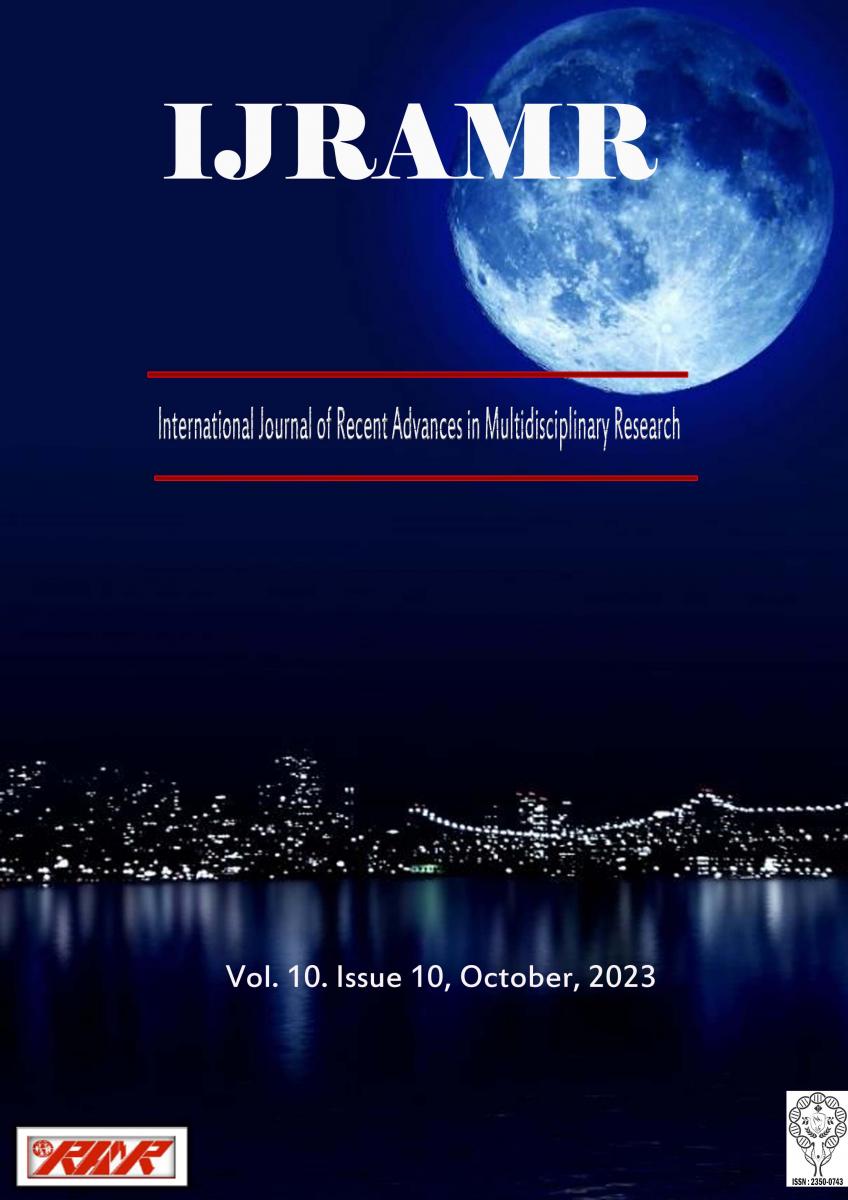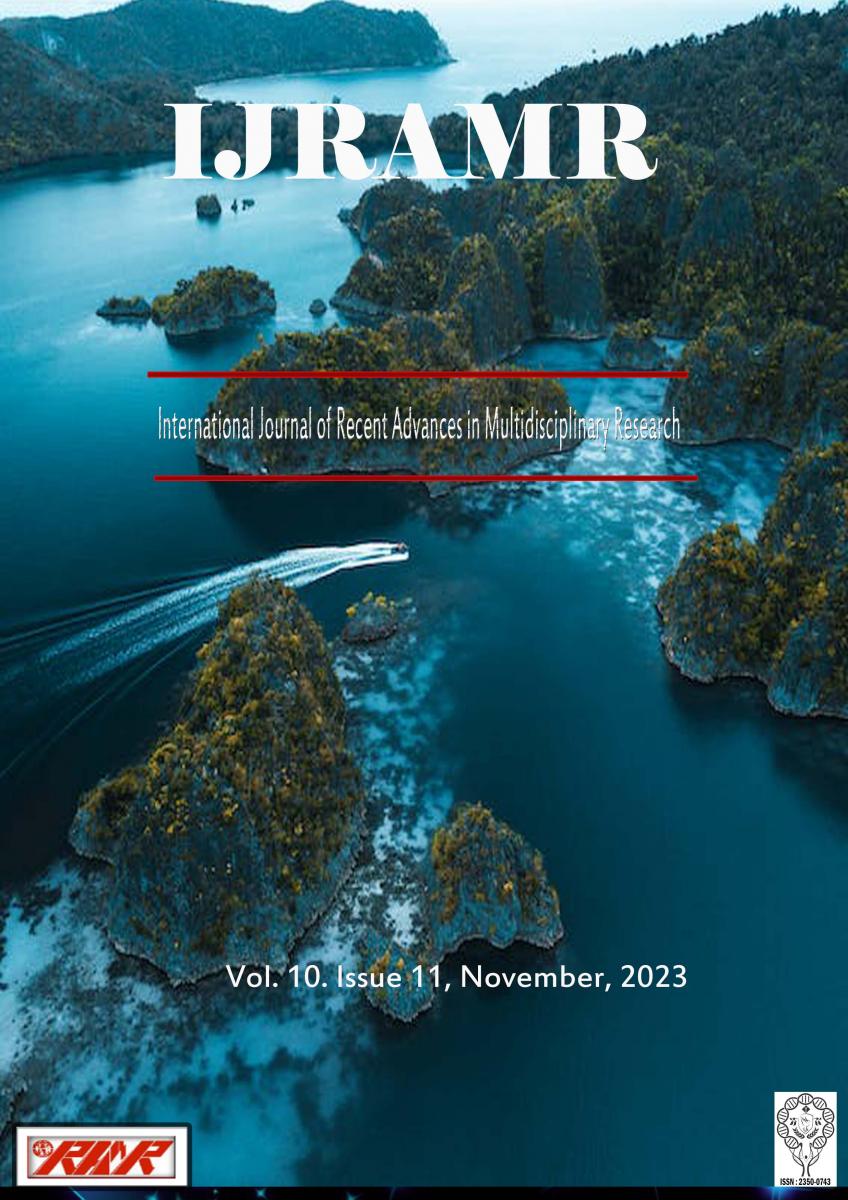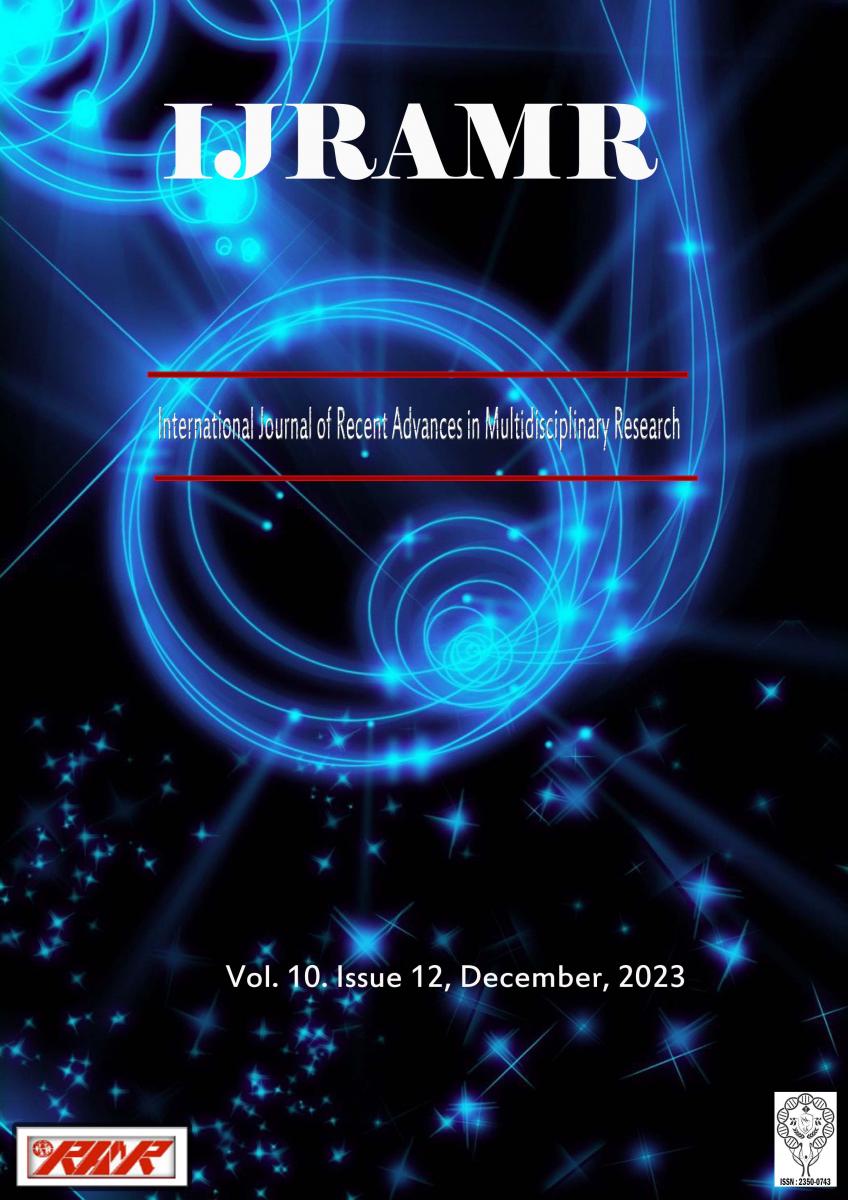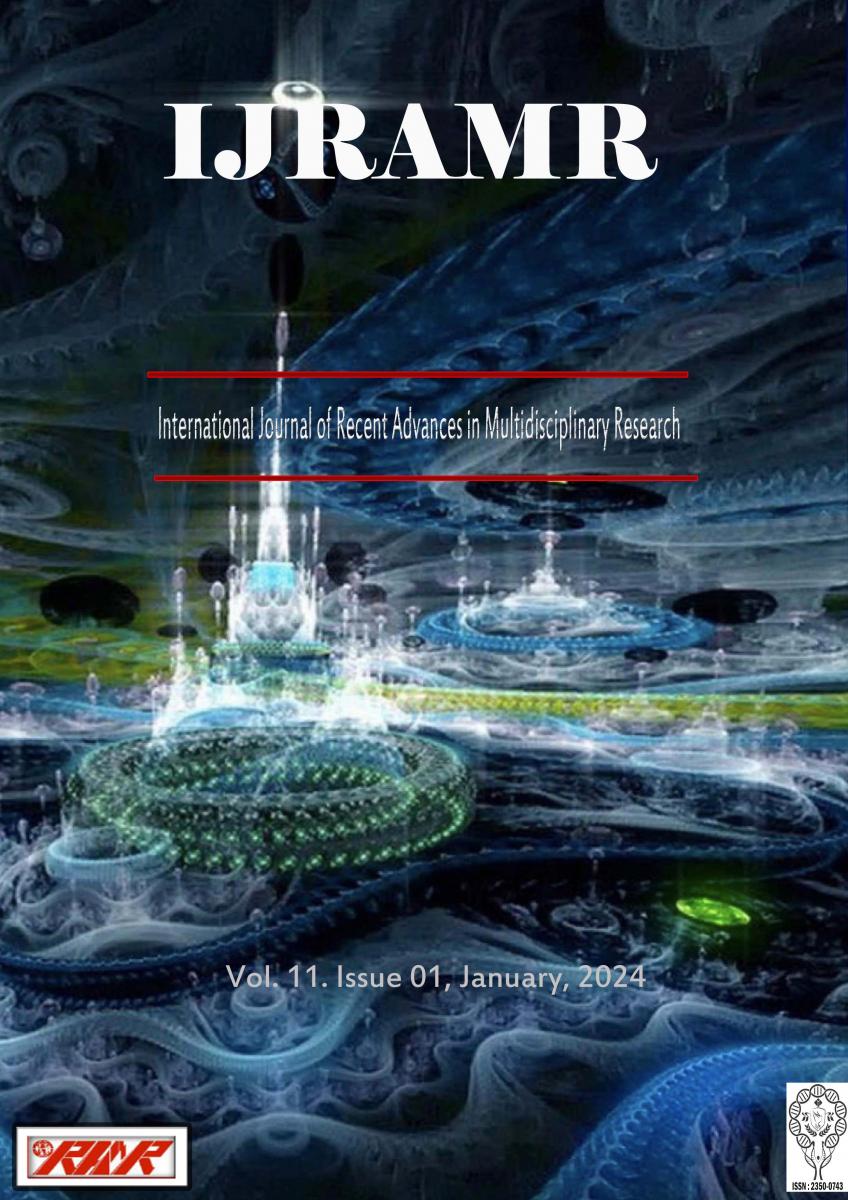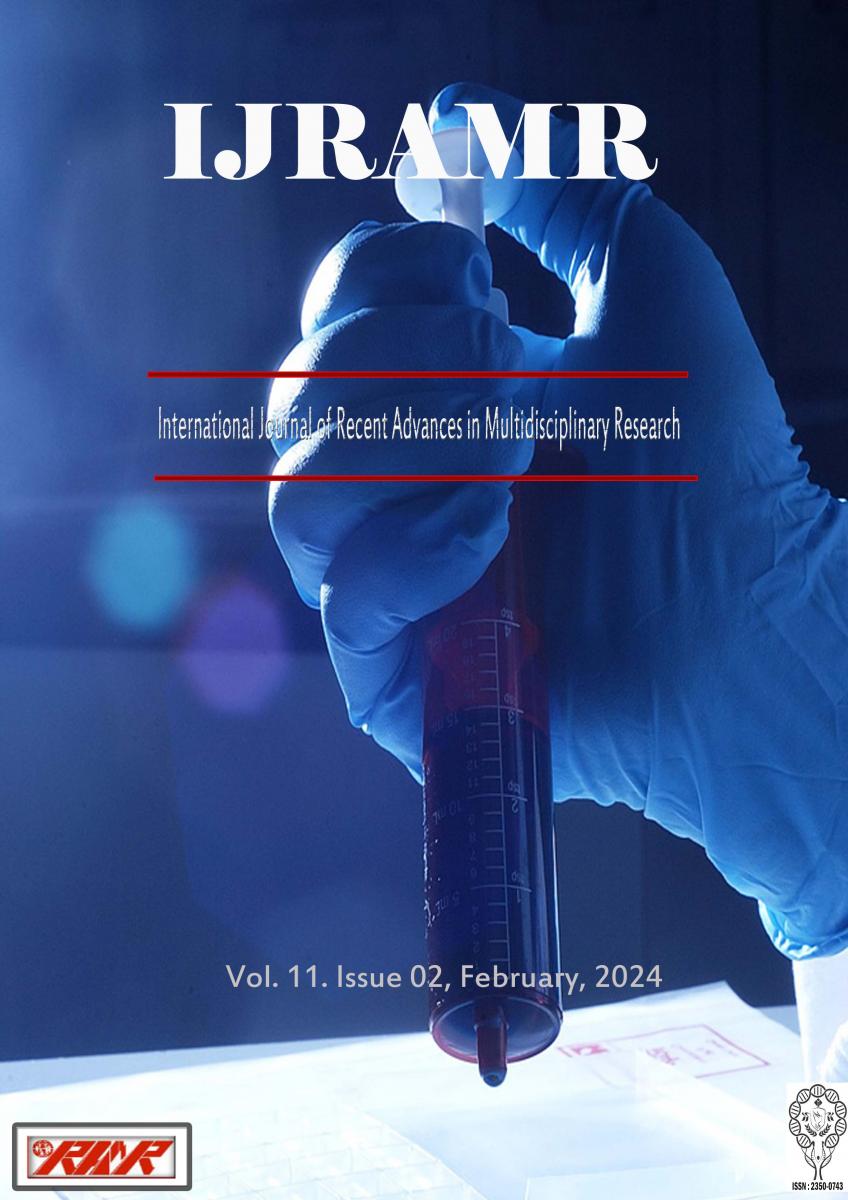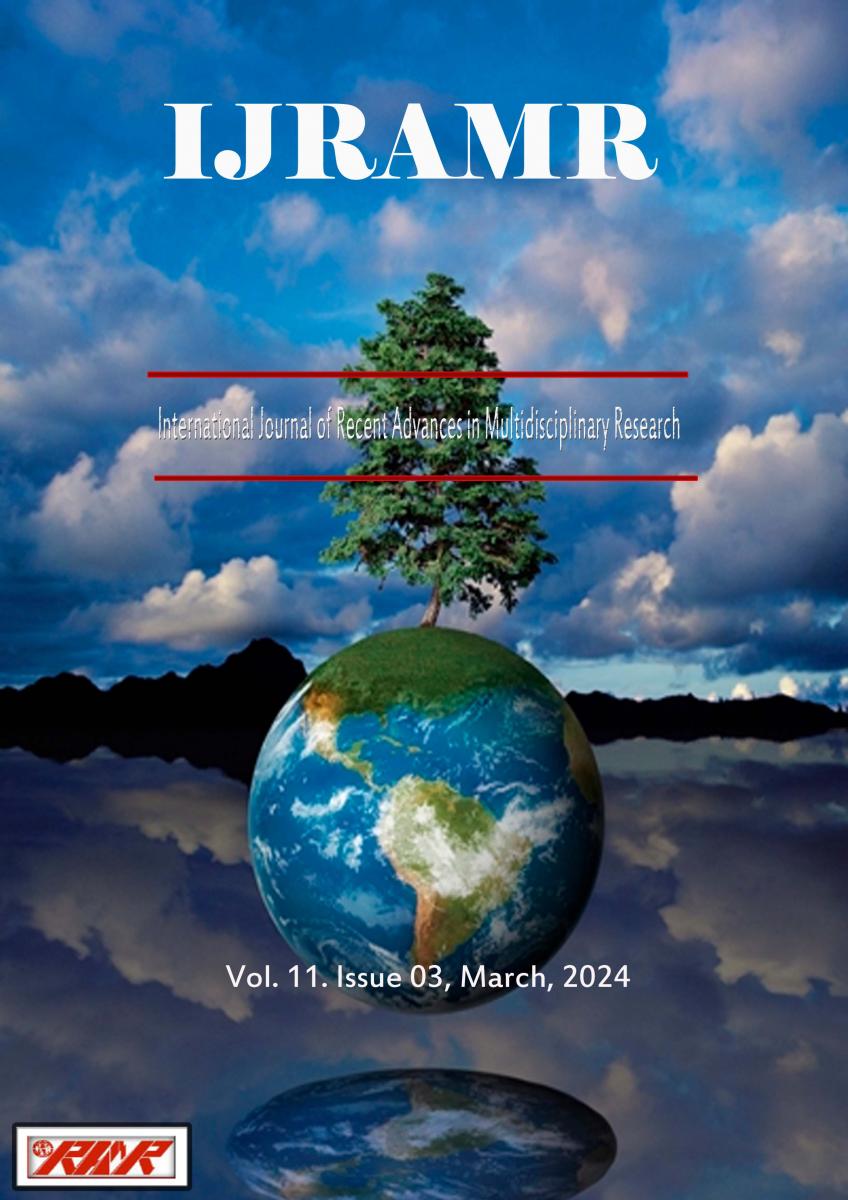The Ukraine-Russia conflict has garnered global attention due to its geopolitical implications. It is perceived to be the superpower rivalry that has a spillover effect on Africa with some African countries gradually going back to the old doctrine of non-alignment that was observed by most African States during the Cold War. This paper aims to address this gap by assessing the policy of African States towards the Ukraine-Russia war. Utilizing a qualitative and exploratory design, this study analyses official statements, speeches, and media coverage from African States on the Ukraine-Russia conflict. The study is carried out within the ambit of the Constructivism. It is a theoretical approach in international relations that emphasizes the role of social norms, beliefs, and ideas in shaping state behavior. In the context of the Russia-Ukraine war, a constructivist analysis of African states' positions would consider the ways in which their beliefs about sovereignty, international law, and regional stability influenced their responses to the conflict. The study found out that the majority of African States adopted a neutral stance towards the conflict, with a few countries expressing support for either Russia or Ukraine this is because Africa wants to take its responsibility and not always work under the influence of the West to make a particular decision. Moreover, African states’ policy towards the Ukraine-Russia conflict is primarily driven by economic interests, regional alliances, and ideological principles.
